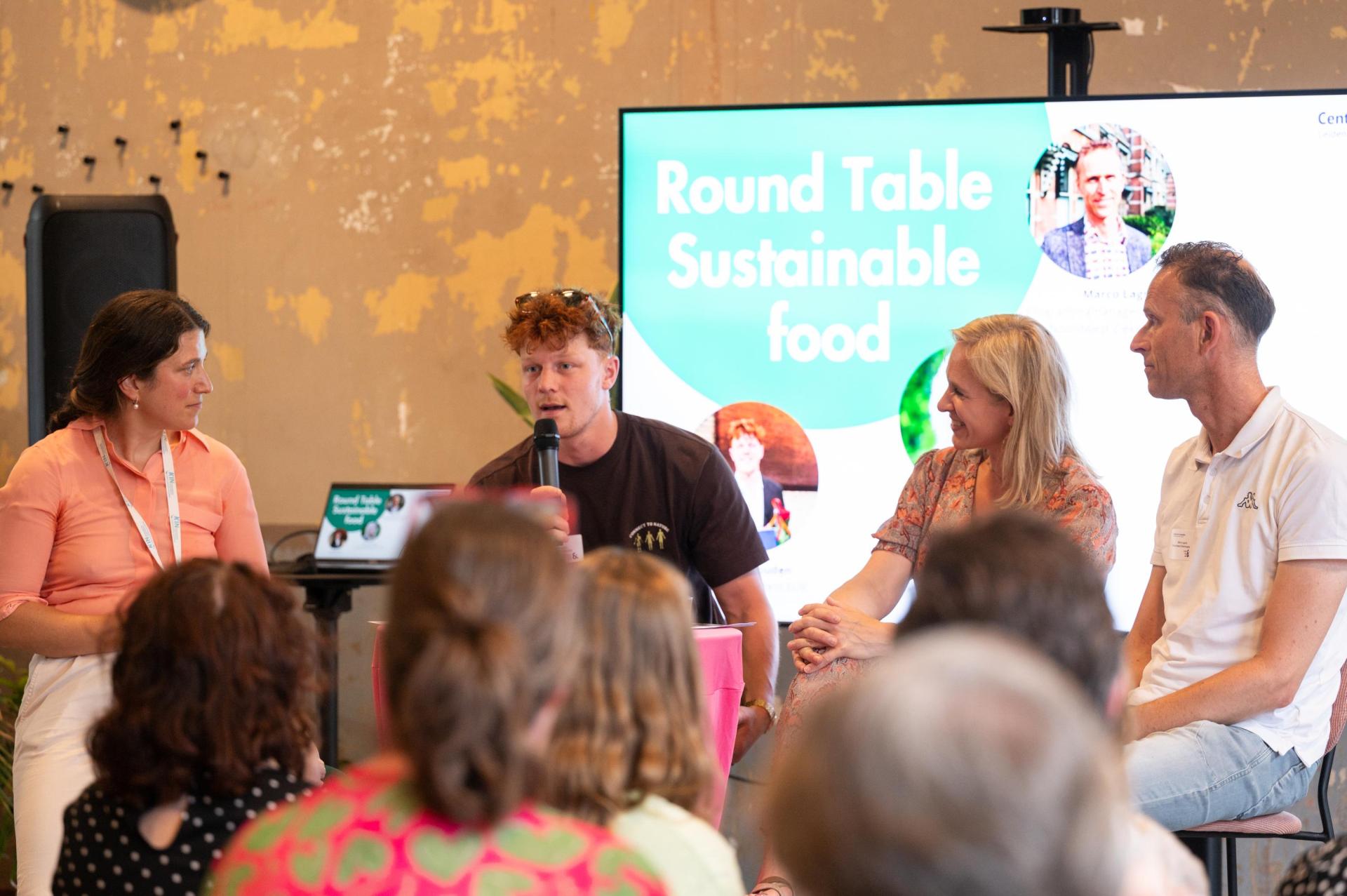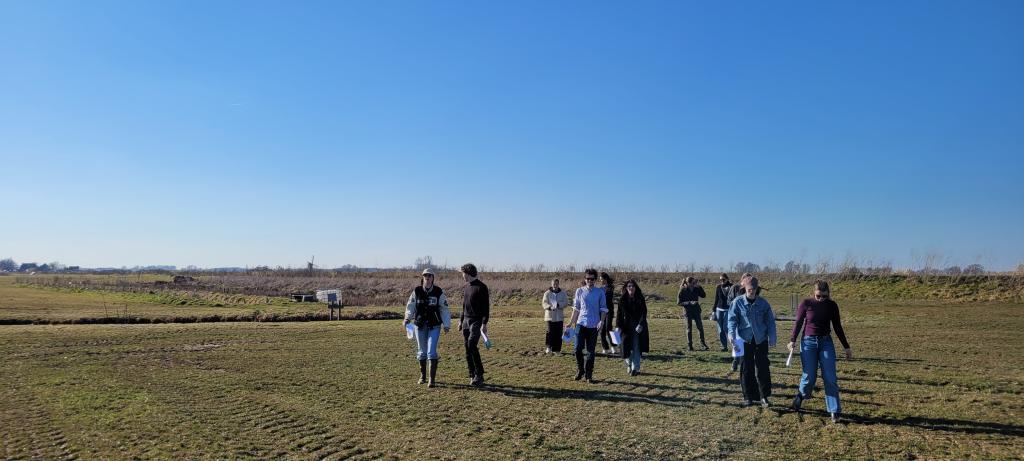
In tackling today’s challenges, nothing is simple. To shape a better future, we need to be inquisitive and bold. This means crossing disciplinary borders, embracing the discomfort of not knowing, and navigating complexity. This is not just a thesis—it’s a real adventure.
Application is closed. However, there are still a few spots left in the labs "Energy-Efficient horticulture by circular practices", "Groene Zorg" & "The Future of Repair". Please email us if you want to apply for one of these labs.
About the labs
Make real impact with your thesis by joining an LDE Thesis lab. You will write your individual master thesis based on a real life challenge. Together with students from other disciplines, you will join an extracurricular program to unravel the complexity of the Lab's challenge. In workshops, enrichment sessions and excursions you meet professionals, academic experts and societal partners. Together you learn, share and collaborate and contribute to a common, interdisciplinary result with real impact.
Graduating students from hbo in Zuid-Holland are also welcome to join.
Planning & Program
- Application is closed. However, there are still a few spots left in the labs "Energy-Efficient horticulture by circular practices", "Groene Zorg" & "The Future of Repair". Please email us if you want to apply for one of these labs. lde_thesislabs@cml.leidenuniv.nl
- The program has 11 bi-weekly sessions, and runs from 4 February till July 2026 (five months).
- The Labs in East Kalimantan and Morocco include excursions from 2 - 13 February 2026 and follow an alternative program.
I loved the workshops and visiting companies for in-depth sessions. They really challenged us."
student Lab Landscape Transformation
THESIS LABS 2025/2026
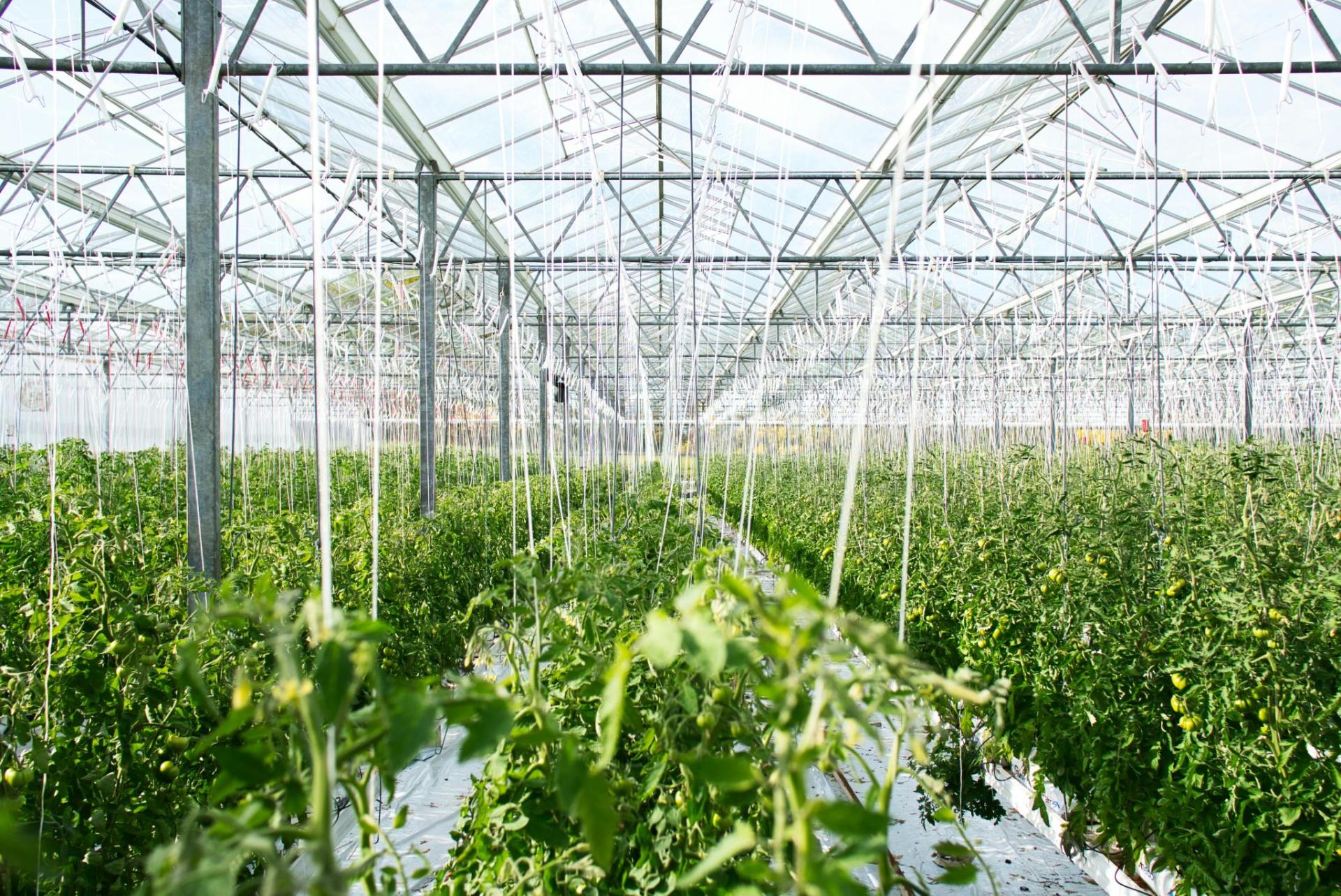
Energy-efficient horticulture by circular practices
(Still open for applications! We especially encourage TU Delft, Leiden and hbo students to apply!) The greenhouse horticulture sector has to become sustainable, to meet increasing sustainability and climate neutrality requirements. Even the legitimacy of the sector is at stake, since some consumers and organizations do not buy flowers anymore because of their environmental and human impact.
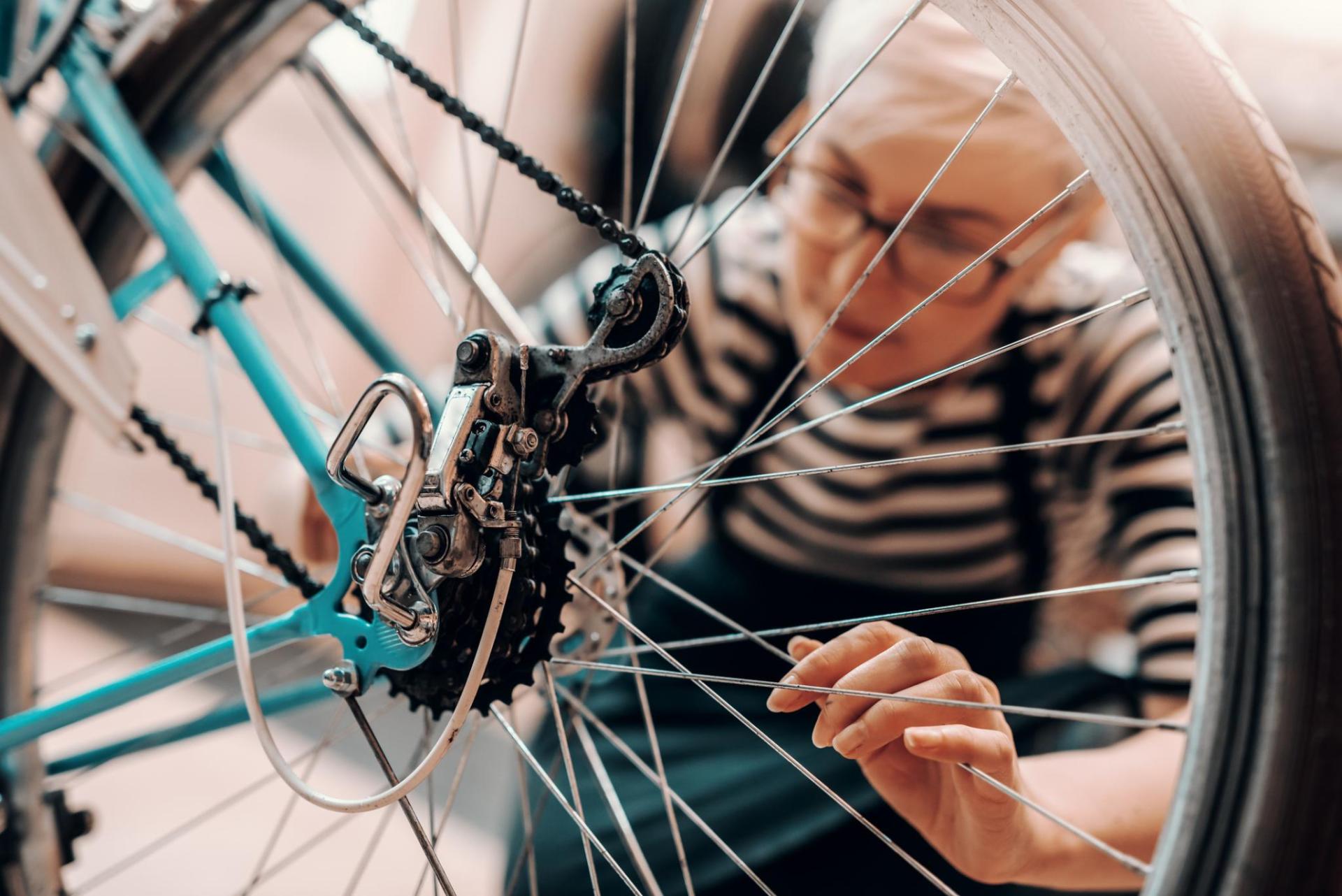
The Future of Repair
Worldwide, more and more items are being discarded, including in the Netherlands. E-waste is one of the fastest-growing waste streams: in 2022, an estimated 62 million tons of this type of waste was generated globally. Less than a quarter of it was officially recorded and collected. Luckily, there is growing attention for these so-called 'R-strategies.' This includes repair, highlighted by the recent European Right to Repair and the Ecodesign Regulation. More frequent repairing and reusing requires collaboration between all partners in the chain. Knowledge of design, legislation, consumer...
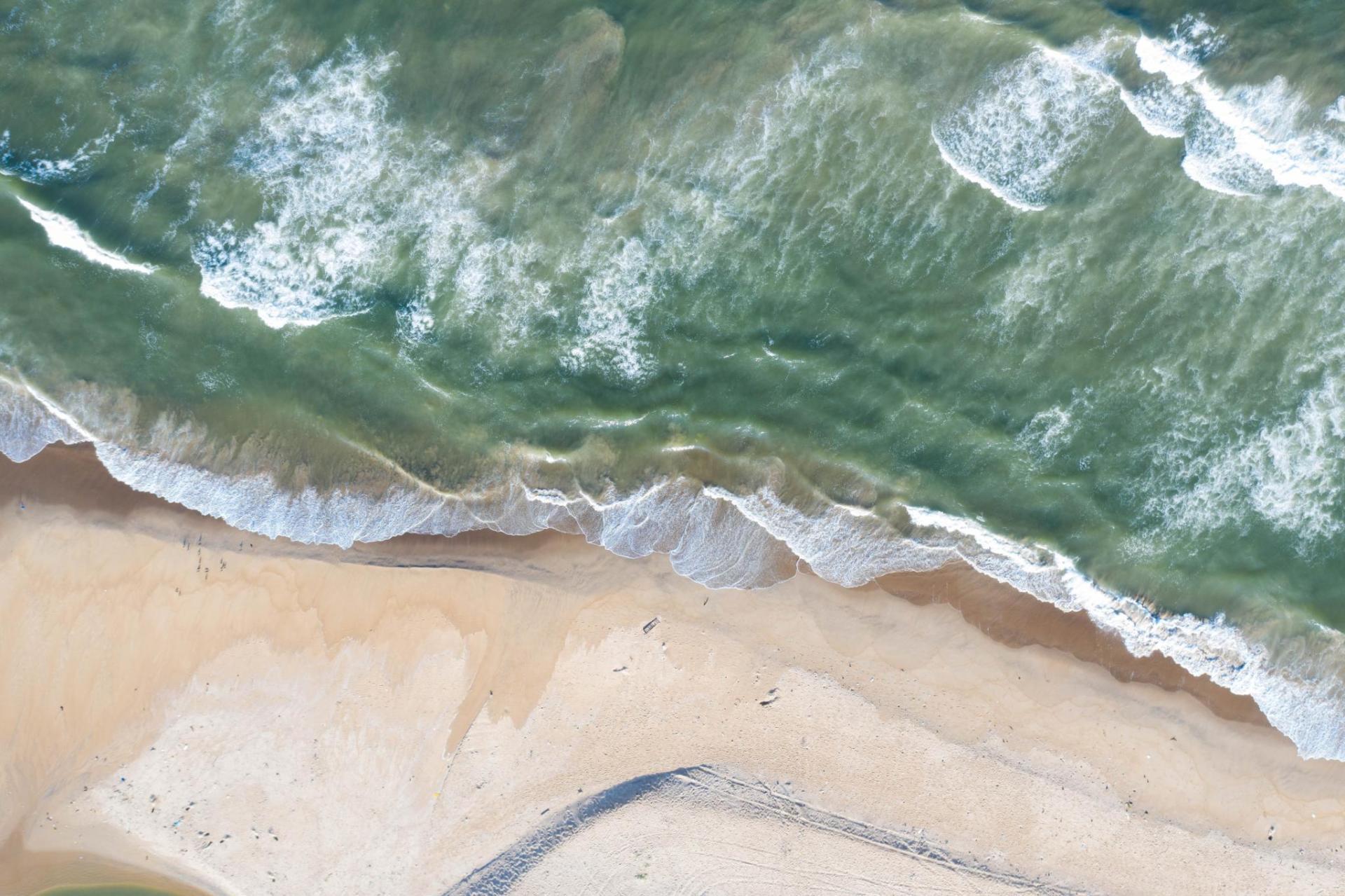
De Regeneratieve Delta (in Dutch)
How can the Southwestern Delta transition towards the year 2100 into a prosperous economic and ecological biodiversity hotspot in the midst of Europe’s largest ports, while contributing to tackling societal challenges such as climate neutrality and resilience, increased biodiversity, food security, a sustainable economy, a just transition, and the quality of water and soil?

Groene Zorg (in Dutch)
For many healthcare professionals it feels contradictory: healthcare heals people, yet it harms the planet. Seven percent of the total Dutch CO₂ footprint can be traced back to the healthcare sector. A single surgery generates an average of 12 kilos of waste. A drastic transition is needed to make the sector sustainable.
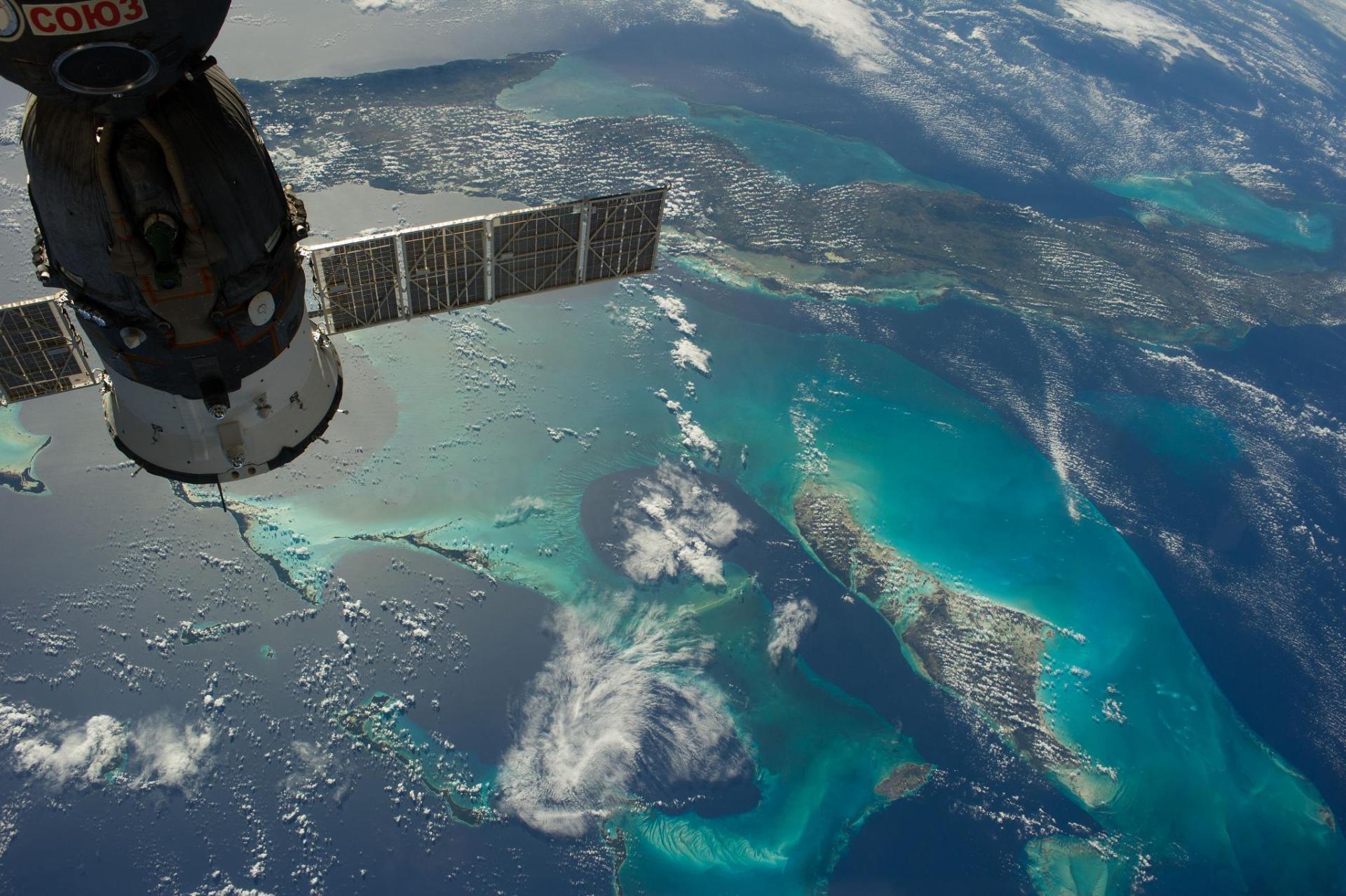
Earth Observation for the Dutch Caribbean
Earth Observation (EO) data is used to understand how our environment and societies are changing over time and can be used for a wide range of applications across industry, government and society. Since 2023, the Netherlands Space Office (NSO) offers high resolution Earth Observation data for the Dutch Caribbean, which can be used to help the region’s societal, environmental and economic ambitions. In this Thesis Lab, NSO challenges students to explore the potential of EO, to improve its use and impact in the Dutch Caribbean.
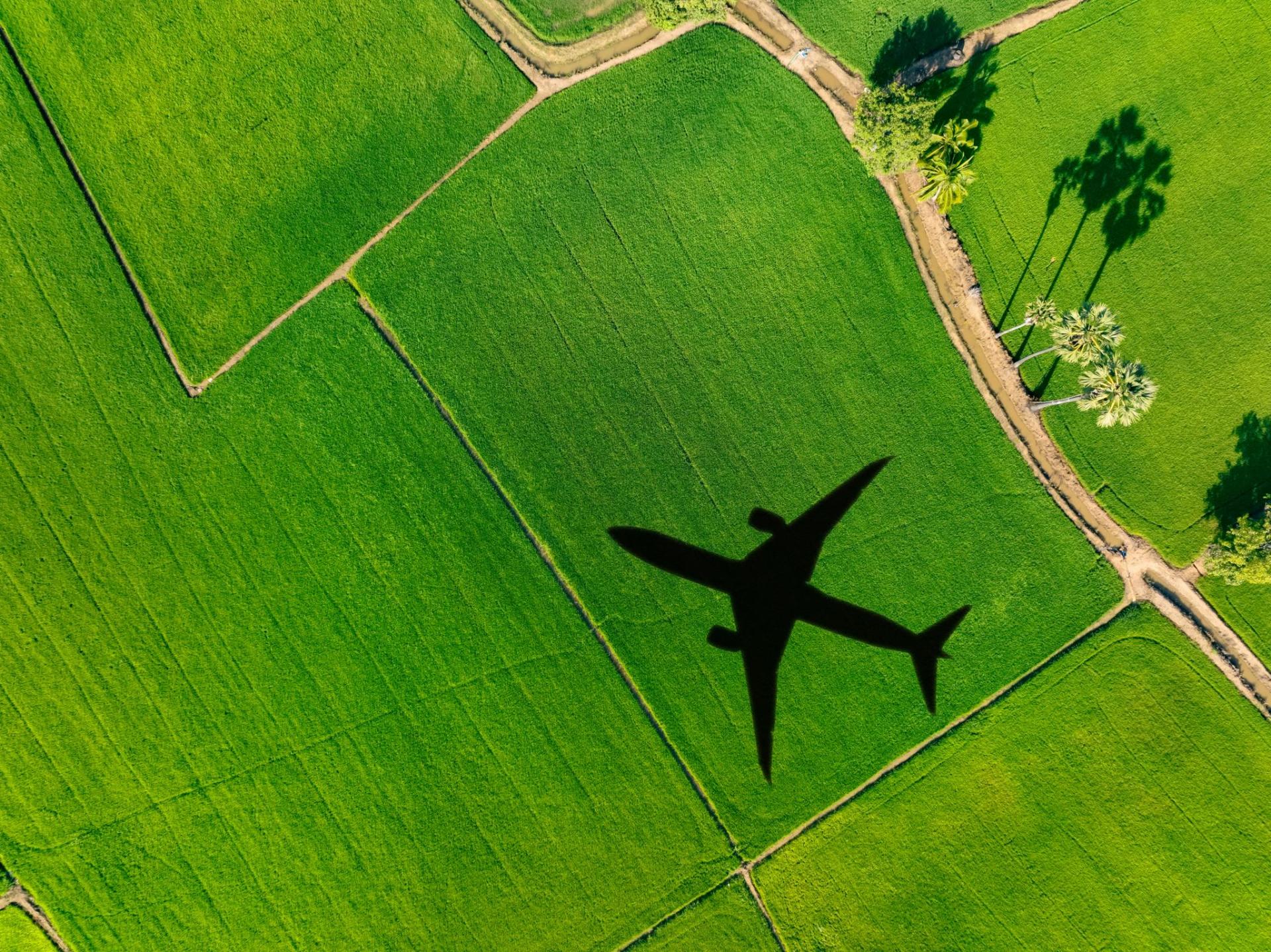
Sustainable Aviation: Wings of the Future
The path to sustainable aviation is uncharted, complex, and filled with challenges yet to be solved—but it is precisely these unknowns that make the journey so important. There has never been a more exciting time to help shape a decarbonized future for aviation, where every step forward brings us closer to transforming the skies.
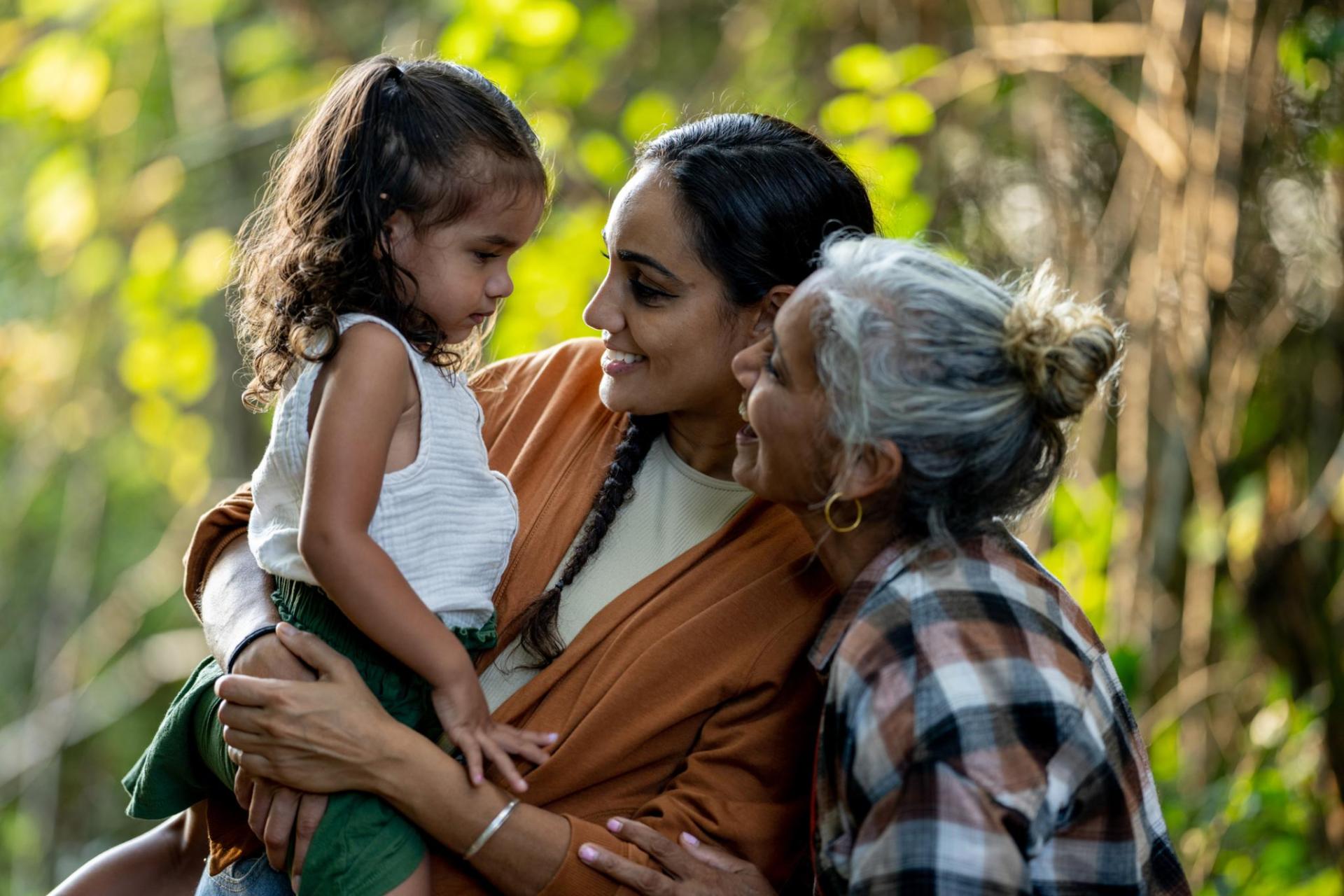
Global Women's Health
In this Thesis Lab we explore how we can improve women’s health at all stages of life on a global scale. Traditionally, healthcare has been based on the male body, which has led to a lack of knowledge about the female body. The lack of knowledge about the female body has a major impact on the quality of life of women, but also has a major social and societal impact, especially in low- and middle-income countries.
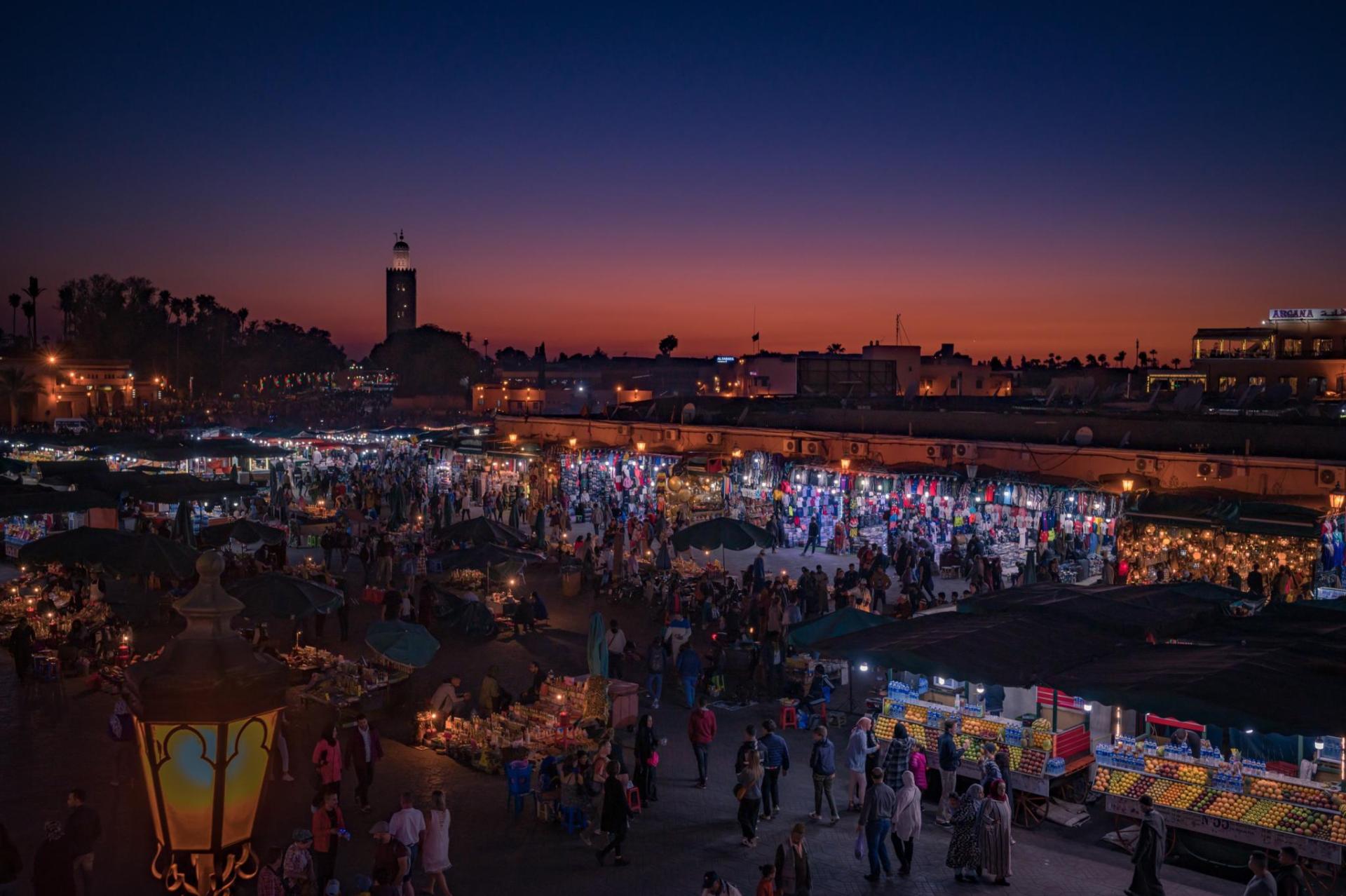
Rethinking Dwelling in Morocco
🌿'Dwelling' is more than just housing, it's about how people live, build, inhabit and relate to their environment - physically, socially, culturally, and ecologically. 🌿 Morocco’s landscapes and cities are transforming fast, shaped by climate change, urban growth, and new global ambitions. Housing and urban living development play a central role in this transformation—reflecting both deep-rooted traditions and emerging visions for sustainability and modernity. In this Thesis Lab, you will explore how housing, landscapes, and water systems can be reimagined to support sustainable living in...
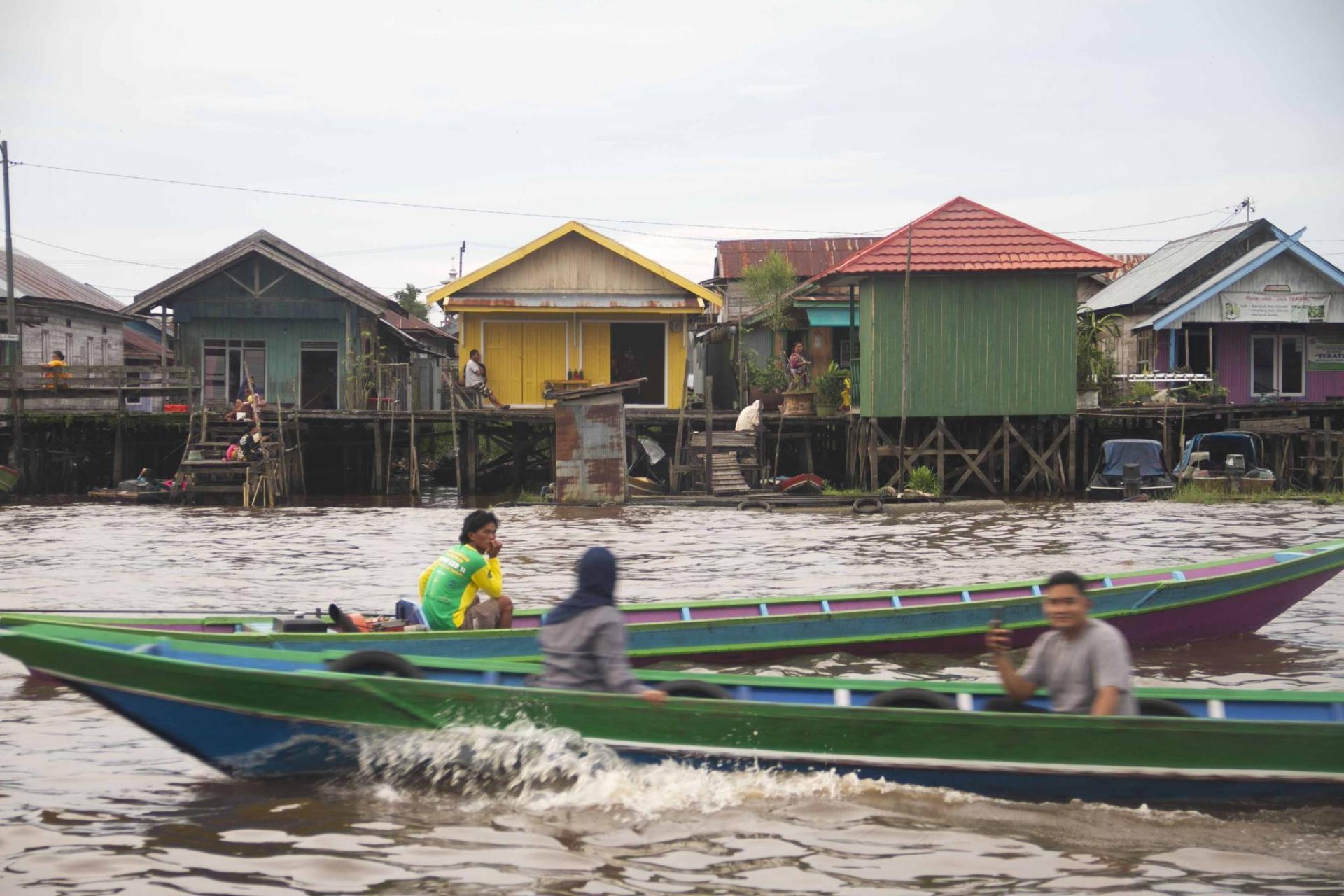
Sustainable Urbanism in East Kalimantan
East Kalimantan faces unprecedented urbanization pressures with Indonesia's new capital city (IKN - Nusantara) development alongside rapid economic growth from resource extraction. This biodiverse region, spanning from tropical rainforests through river deltas to coastal mangrove systems, presents a unique opportunity to pioneer sustainable urban models that harmonize economic development with comprehensive ecosystem conservation and social equity.
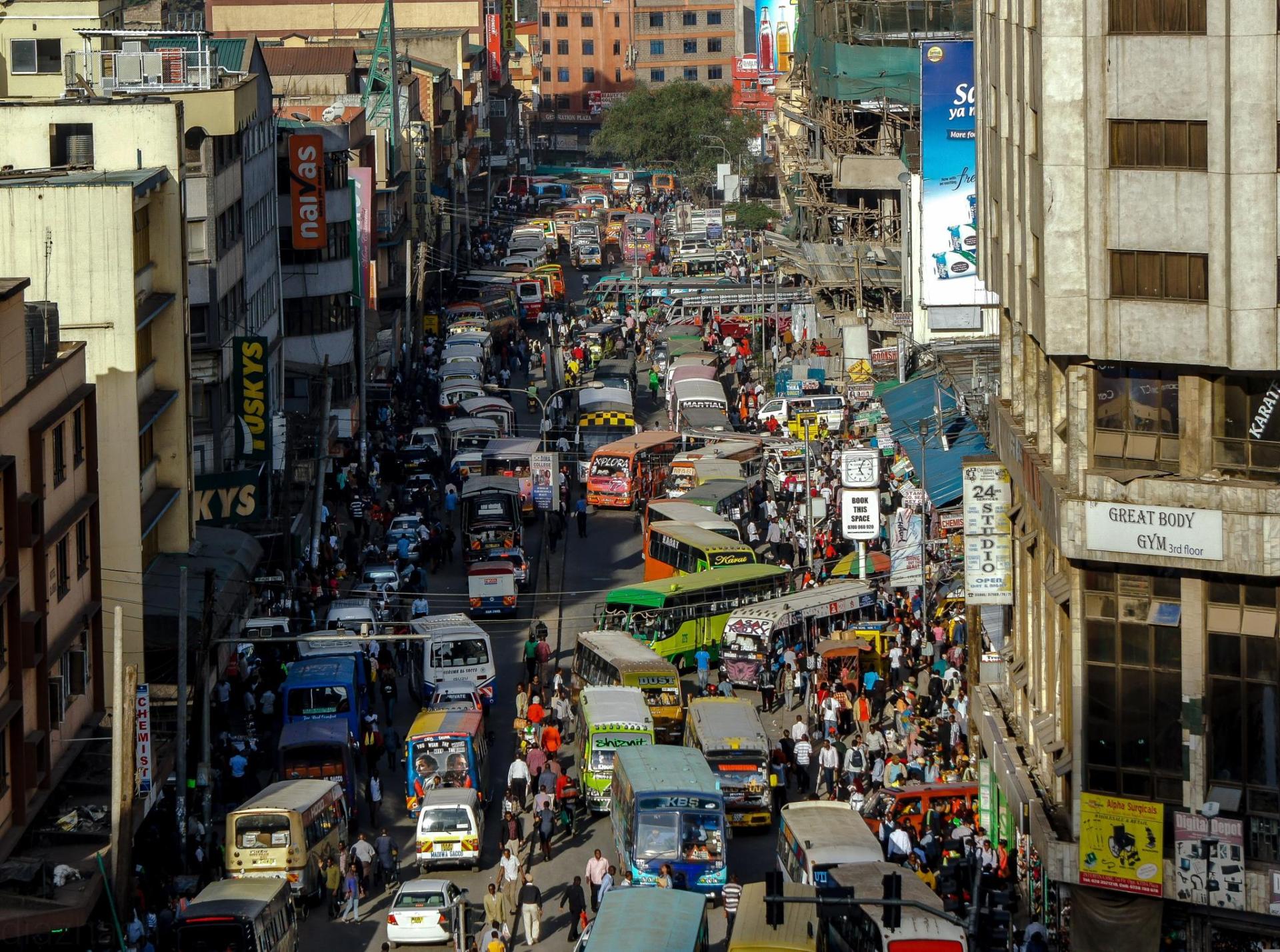
Just and Sustainable Urban and Energy Transitions in Kenya
Nairobi and other Kenyan cities face urgent sustainability challenges – from overflowing waste and limited recycling, severe air pollution, limited access to reliable and clean energy, as well as the pressing need for carbon removal. This lab tackles these issues through interdisciplinary research on inclusive waste systems, scalable CDR technologies, and equitable clean energy transitions. Students will work with communities, policymakers, and practitioners to co-create practical, policy-driven solutions for just and resilient urban futures.
